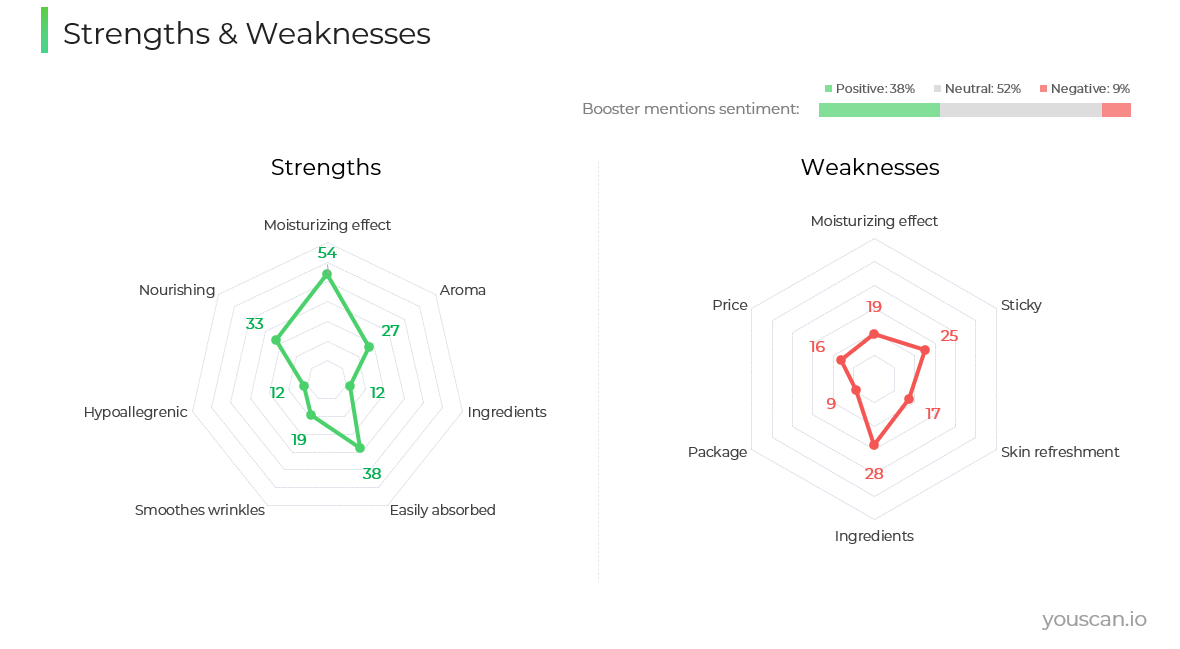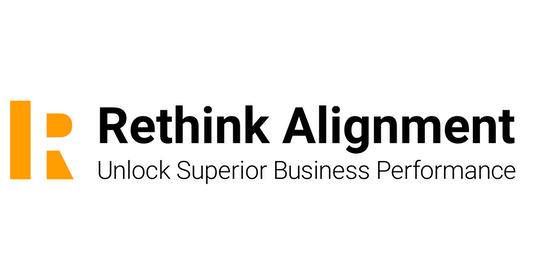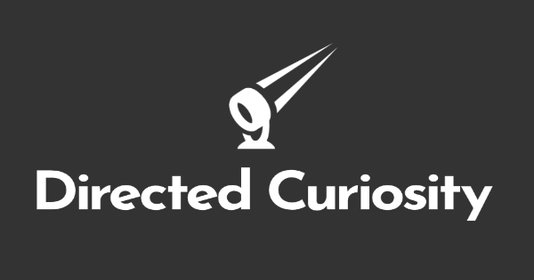The business of monitoring, measuring and understanding social media
Essential Skills of a Social Media Analyst
This is a guest post contributed by YouScan, a sponsor of SMA.
Social media intelligence is a relatively young and dynamic industry, with many opportunities for junior-level specialists to grow their skills. Sometimes we call social media the “world's largest focus group,” and an experienced analyst might be able to find an answer to almost any question working with it. If you are passionate about helping brands to get actionable business insights in social media, you need a few essential traits and some work habits to get started.
One could hardly imagine that only 5–10 years ago, it was not easy to explain to my friends what my team and I were doing for a living. As the head of the research department in YouScan, I lead a team of 20 social media analysts. We help businesses analyze consumer opinions, discover actionable insights, and manage brand reputation by conducting research projects based on social media data.
Hiring a social media analyst is not an easy task today. More and more specialists with relevant experience are in the market, but it’s often easier to hire junior-level professionals to grow their skills and promote them into seniors later on.
What the social media analyst does
The best way to understand which skills are vital is to describe the analyst’s daily work. We use social media intelligence software solutions to deliver research projects for diverse clients: from beauty to FMCG, from pharmaceutical to finances, and so on.
First, we monitor online conversations around brands, products, or campaigns to understand how consumers perceive them. Second, we look for new influencers or emerging trends that offer the client an opportunity to promote itself and grow. Our analysts translate these into analytical reports with charts, graphics, and workable recommendations for clients, which we call insights.
The slide below from the report on skin boosters shows an example of what analysts produce. Starting with both text and visual public social media posts, we identified strengths and weaknesses of the product according to customers. We learned that the moisturizing effect and ease of absorption are strong advantages of this booster over competitors, while its ingredients and hypoallergenic properties could be significantly improved.

In addition to analyzing social media content directly, some of our team members are dedicated to defining each project’s methodology, working on process automation and data visualization. Developing these skills will help you grow from junior to senior levels as an analyst, but you might not need them all to start. At the beginning, we use specialized tools for these tasks and learn most of the processes on the job. When we’re hiring, it’s more important to look for basic background knowledge and characteristics than for specific skills.
Essential qualities of a social media analyst
To be a social media analyst requires a lot of background knowledge. Below we tried to list all relevant things for an idealized hire. However, during the interview process, we consider multiple criteria for candidates. Therefore, there are chances to get this job even if you do not own all of the skills. In my view, the perfect social media analyst is a T-shaped specialist with a decent background in social sciences, data analysis (both quantitative and qualitative), commerce, and communications. That’s the horizontal part of the T. The vertical part represents the analyst’s in-depth knowledge of marketing, especially – but not only – digital marketing.
The analyst needs a passion for social media to stay on top of online trends and help brands be ahead of them. An analytical mindset is must-have, of course, and we pay much attention to this when interviewing a candidate. You should be able to read a lot and do it very quickly. Every analyst must know the basics of statistics, such as one- and two-dimensional tables, correlations, normal distribution, etc. Today, more and more online content is shared in the form of images and videos. Consequently, knowledge of basic semiotics principles will earn a huge plus for you. We are not talking about academic studies of signs as the term suggests – for social media analysts it is about understanding compositions, elements priorities, and key messages behind user-generated visual content.
Finally, an obvious thing that will boost your chances to be hired as a social media analyst is a general tech-savviness. As for specific skills, Microsoft Excel will be among your best friends: you will work with complex formulas, all types of graphs or diagrams (building, design tinkering), deduplication, pivot tables and macros. You will also need to create and configure links to external data sources. When it comes to delivering the report, most clients work in common file formats (such as Excel workbooks and PowerPoint presentations). Nevertheless, it is another plus for you being confident with Tableau, Microsoft Power BI, and Google Data Studio. In our team, SPSS, Python and R are not must-have, but could be an advantage for a candidate.
Work habits of successful analysts
Working on research projects is not only about hard technical skills; how you work is just as important. This job requires you to be extremely attentive to deadlines. Indeed, everyone has deadlines to meet, but the reality of social media research projects leaves no other choice than to show excellent time management skills and plan every phase of the project very carefully.
Teamwork is vital. Social media analysts often work in groups assigned to a particular project, and it is indispensable to communicate, combine forces, and make changes quickly to exceed client expectations. Depending on the project’s geography and language, a team should include native speakers or locals with fluency in the appropriate language(s). This will result in better understanding of local humor as well as consumer habits, leading to more precise interpretations and conclusions.
In every project, analysts follow strict ethical principles and work under a predefined framework. At the same time, they are creative communicators, and they know what to highlight for the client and how. Every day, their reports compete for client attention with dozens of files, tasks, reminders, and other things. The researcher’s job is to deliver what matters in the most straightforward and shortest possible way. Text layout, composition and visual design are crucial for the reports to be readable.
Another essential skill is “healthy perfectionism” – every report or process can and should be continuously improved. Striving for smart improvements might be a crucial skill for social media analysts and any other professionals nowadays.
Essentials beyond the basics
These are the basic skills for a social media analyst in any environment. Every company, position, project or client will have its own requirements, too.
Sometimes we need an analyst with niche industry knowledge (e.g. tires, perfumes, heat-not-burn products, etc.).
Another essential skill you can develop is an awareness of the cultural differences that are part of almost every international project, even with the same language. We have experienced, for example, the differences among Spanish-speaking markets. The differences between Spain and Latin America are well known, but even neighboring Latin American countries can be quite different.
Working with social media data is demanding but very interesting as you dive into different areas. If you are passionate about helping brands to get actionable business insights in social media, do not hesitate to take a step you would never regret.
Anton Bezkorovainyi is Head of Research at YouScan.
Discover the new project
How does third-party data get from the source to the end user? Follow the exploration at the Data Market Study, also sharing discoveries and insights in a newsletter.
Sponsors


